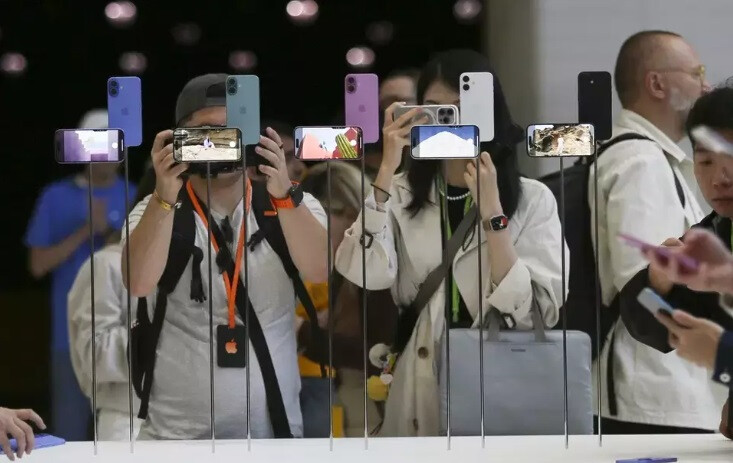
Apple is set to increase its investment in Indonesia to approximately $100 million (around Rp1.57 trillion) in a bid to resolve the ongoing ban on the sale of iPhone 16 models in the country. According to Bloomberg and GSM Arena, the tech giant's latest investment proposal marks a significant escalation from its previous pledge of $10 million.
Apple had initially committed to investing $10 million to establish an accessory manufacturing facility in West Java's Bandung Regency. The newly announced $100 million investment will be spread over two years, with the initial focus likely to be on expanding the Bandung facility. The remaining $90 million of investment remains detailed. GSM Arena speculates that Foxconn, one of Apple's manufacturing partners, could set up an assembly line in Indonesia.
While Apple's proposed investment falls short of the Rp1.7 trillion target set by Industry Minister Agus Gumiwang Kartasasmita, the company is facing pressure to meet Indonesia's Domestic Component Level (TKDN) requirement of 35%. This is a mandatory condition for selling iPhone 16 in the Indonesian market.
To meet the TKDN requirement, Apple has opted to expand its Apple Developer Academy program, focusing on innovation and development pathways. The academy currently operates in BSD, Banten; Sidoarjo, East Java; and Nongsa, Batam. Apple CEO Tim Cook, during a recent visit to Indonesia, pledged to open an additional academy in Bali, though this plan has not yet materialized.
Launched globally in September, the iPhone 16 has been unable to enter the Indonesian market due to its failure to meet the TKDN requirement. Consequently, the Ministry of Trade has banned online sales of the iPhone 16, and the Ministry of Industry plans to block the IMEI of iPhone 16 devices within Indonesia, effectively rendering them unusable.
Despite the restrictions, approximately 9,000 iPhone 16 units were brought into Indonesia between August and October by individual travelers, who paid the appropriate taxes. Similarly, 22,000 Google Pixel devices entered Indonesia through personal imports or overseas shipments earlier this year. However, these devices are only allowed for personal use and cannot be resold.
Neither Apple nor the Ministry of Industry has issued any official statements regarding the ongoing negotiations or the status of the investment.
[Copyright (c) Global Economic Times. All Rights Reserved.]






























